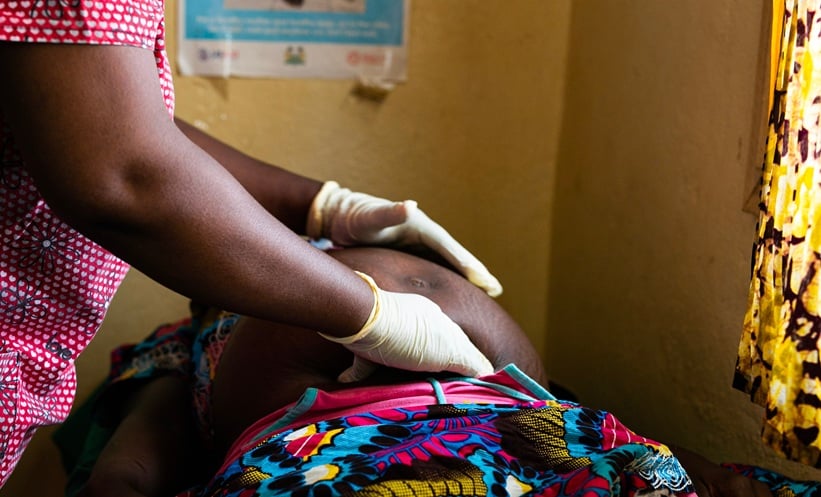RISING resistance to sulfadoxine–pyrimethamine (SP) in sub-Saharan Africa is compromising the antimalarial effectiveness of intermittent preventive treatment during pregnancy (IPTp-SP), a key tool in antenatal care.
Researchers conducted an extensive meta-analysis to determine how molecular markers of Plasmodium falciparum resistance affect IPTp-SP’s protective impact. Drawing on 122 studies comprising 148,693 participants across west, central, east, and southern Africa, they matched maternal outcomes by IPTp-SP dose with local resistance levels to SP, measured by the prevalence of the dihydropteroate synthase Lys540Glu and Ala581Gly mutations. Resistance thresholds were region-specific, and dose-response efficacy was modelled using Poisson mixed-effects regression, adjusting for confounders like malaria transmission intensity, HIV status, parity, and bed net use.
The findings reveal a significant decline in IPTp-SP’s efficacy against malaria parasitaemia at delivery as resistance increases. In west and central Africa, three doses of IPTp-SP were more effective than two in very low-resistance areas (adjusted risk ratio [aRR]: 0.71, 95% CI: 0.65–0.78), but less so in low-resistance areas (aRR: 0.83, 0.72–0.95; p=0.0144). A sharper decline was noted in east and southern Africa, where moderate resistance areas saw an aRR of 0.63 (0.57–0.69), dropping to 0.89 (0.82–0.96) in high resistance and 0.93 (0.85–1.01) in very high resistance regions (p<0.0001). Notably, this resistance-related loss of efficacy was not observed for low birthweight outcomes. Across all regions, the risk of low birthweight remained significantly lower with three versus two doses, regardless of resistance intensity. For instance, in very high resistance areas in east and southern Africa, the aRR was 0.75 (0.63–0.87), similar to less resistant regions.
However, despite reduced protection against malaria infection, IPTp-SP continues to prevent low birthweight, possibly through anti-inflammatory or antimicrobial effects independent of malaria.
Given the persistent benefit for birthweight, IPTp-SP should remain in use, but urgent development and deployment of alternative prevention strategies are essential in regions with high SP resistance.
Reference
van Eijk AM et al. The impact of sulfadoxine–pyrimethamine resistance on the effectiveness of intermittent preventive treatment for the prevention of malaria in pregnancy in Africa: an updated systematic review and meta-analysis. Lancet Infect Dis. 2025; DOI: 10.1016/S1473-3099(25)00219-1.








